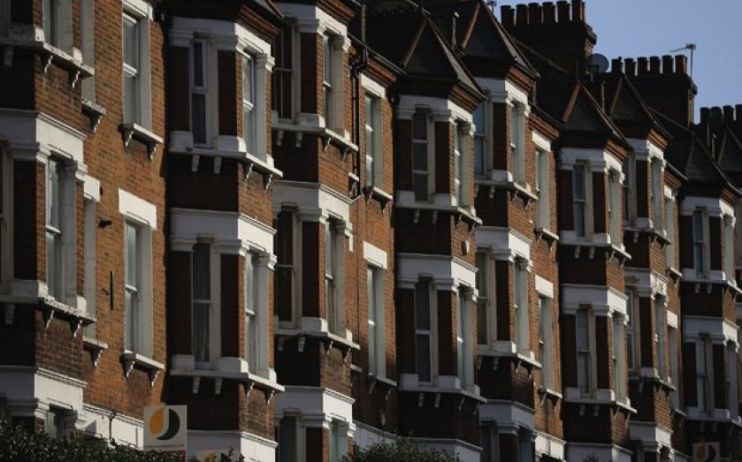Backlash as Ofgem plots price cap changes

Energy companies were given a much-needed boost from market regulator Ofgem yesterday, after it announced plans to bring in quarterly reviews of the consumer price cap.
This would mean the limits for household energy bills would be updated four times a year, rather than just twice, allowing suppliers to hedge more effectively – with prices reflecting real market conditions.
The watchdog has launched a “tend-to” consultation on the price cap, which could revamp the energy sector in time for the next update in October.
But the plans were lambasted by campaigners for plans to raise a so-called ‘stabilisation charge’ paid when customers switch suppliers.
Money Saving Expert founder Martin Lewis apologised on Twitter for branding the proposed change a “f*****g disgrace that sells consumers down the river” during a media briefing yesterday.
Lewis’ argument is that the charges – which suppliers that have pinched consumers are obliged to pay previous providers – would prevent competition and leave customers stuck with high prices.
Ofgem is scrambling to fix the energy market following the collapse of 29 suppliers since last October, which were battered by the lethal combination of soaring wholesale costs and the constraints of a twice-yearly updated price cap that prevented them passing costs on to households.
The market carnage has also directly affected over four million customers, leading to billions of pounds in clean-up bills from both Bulb Energy’s collapse into de-facto nationalisation, and the onboarding costs of shifting customers from fallen firms to surviving suppliers.
Ofgem has argued the measure will benefit energy users too, because when historically high wholesale prices eventually ease, this will be passed on more quickly to customers.
However, energy bills have already risen to nearly £2,000 per year and Cornwall Insight forecasts they will remain elevated until 2024.
This means households could face four price hikes every year rather than just two.
National Energy Action’s Peter Smith argued such changes will be particularly damaging for the poorest households, as Ofgem would be “removing the certainty of the price they will pay over winter.”
It also raises the prospect of a painful rise in energy bills next January, the coldest month of the year when demand is at its peak.
Meanwhile, MPs are set to vote on Labour proposals for a windfall tax on energy giants today, which it argues could contribute to a £600 saving on energy bills for low-income households.